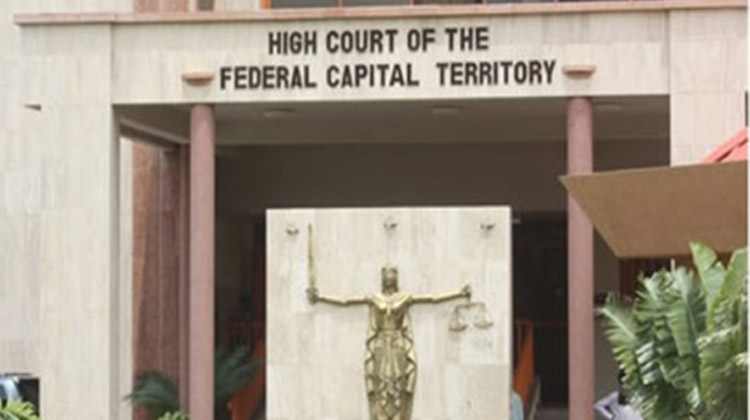
Justice Sylvanus Oriji, sitting at the Federal Capital Territory High Court in Abuja, has issued a ruling on Wednesday, directing that the participants of the August 1 hardship protest be confined to the MKO Abiola Stadium in Abuja.
The order was made following an ex-parte application presented to the court by the Minister of the Federal Capital Territory, Nyesom Wike, and argued by Ogwu Onoja.
During the proceedings, Wike argued that the Federal Government did not oppose the protest but expressed concerns based on intelligence and security reports which suggested that certain individuals within the protest leadership had intentions to instigate chaos, vandalize public property, block roads, and disrupt public peace.
The minister further stated that security agencies, when consulted to mitigate potential risks during the protest, indicated their lack of adequate preparation to handle any crises at short notice.
As a precautionary measure, it was decided to prevent the protest from escalating into any criminal activities.
Wike presented a document from the “Take it Back Movement, FCT,” signed by Damilare Adenola, which allegedly contained threats to breach the Presidential Villa’s security and damage the outer perimeter facing Aso Rock during the protest, while also making demands for lighting and toilet facilities to be provided by the FCT for the event.
An application was made by Wike for a temporary injunction to restrain the protest leaders from congregating or parading along roads, streets, offices, or public areas within the FCT from August 1-10 and beyond, until a full hearing is conducted.
The named respondents in the case include Omoyele Sowore, Damilare Adenola, Adama Ukpabi, Tosin Harsogba, unidentified individuals, and the Inspector-General of Police, among others.
In his ruling, Justice Oriji acknowledged the protesters’ right to demonstrate but limited their activity to the stadium in response to the FCT minister’s concerns.
“Taking into account the circumstances, the court deems it necessary to grant an order under the general prayer to protect the protesters’ rights while preventing any negative impacts on the rights of other citizens to move freely and safeguarding public properties and facilities,” stated the judge.
Consequently, he directed the first to fifth respondents to utilize the Moshood Abiola Stadium exclusively for the protest.
Additionally, the court ordered that all legal documents related to the case, including the confinement directive, be published in newspapers.
